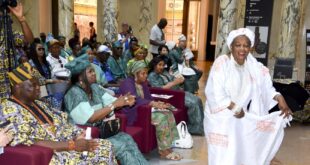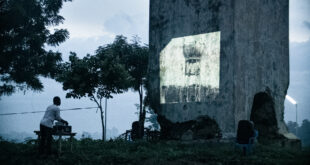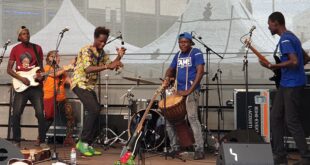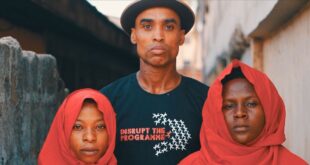A monument will be erected in honour of Bob Marley in Harare, Zimbabwe.
In 1980, the world-renowned reggae icon performed during the Independence Day celebrations of the country.
On 17 April 1980, Marley took to the stage and launched the young country of Zimbabwe into revolutionary reggae songs.
For many Zimbabweans, it’s a night they still reflect on with much euphoria. Despite his manager’s advice not to perform in Zimbabwe, Marley not only played, but also hired and paid for his PA system, chartered a Boeing 707 that carried him and his band, and slept in a rundown hotel. And he refused any performance fees.
The struggle for independence in Zimbabwe had been one Marley had keenly followed. He also sang a song, ‘Zimbabwe’ in 1978 in support of the liberation struggle in the country.
Now in 2018, South African-based Zimbabwean arts and media consultant, Martin Chemhere, after months of consultation with Bob Marley’s estate, has been given the green light to create and install reggae icon’s statue in Harare. “The reason behind this statue is that of Africa’s more than 50 countries Bob Marley only performed in Zimbabwe as part of the country’s independence celebrations in 1980,” Chemhere explains.
The proposed statue would be an 8 meter life-size bronze work that would be made by two South African artists, Andre Prinsloo and Ruhan Janse Van Vuuren. Rufaro Stadium, situated in Mbare, which is the oldest township in the capital Harare, is the proposed site for the statue.
Chemhere stated that during the entire making of the statue, and in a bid to pass knowledge down to the younger generation, the two South African artists will mentor some young Zimbabwean artists.
Marley died in 1981, after battling cancer, at the age of 36.
Adira Kallo
 THE AFRICAN COURIER. Reporting Africa and its Diaspora! The African Courier is an international magazine published in Germany to report on Africa and the Diaspora African experience. The first issue of the bimonthly magazine appeared on the newsstands on 15 February 1998. The African Courier is a communication forum for European-African political, economic and cultural exchanges, and a voice for Africa in Europe.
THE AFRICAN COURIER. Reporting Africa and its Diaspora! The African Courier is an international magazine published in Germany to report on Africa and the Diaspora African experience. The first issue of the bimonthly magazine appeared on the newsstands on 15 February 1998. The African Courier is a communication forum for European-African political, economic and cultural exchanges, and a voice for Africa in Europe.




















